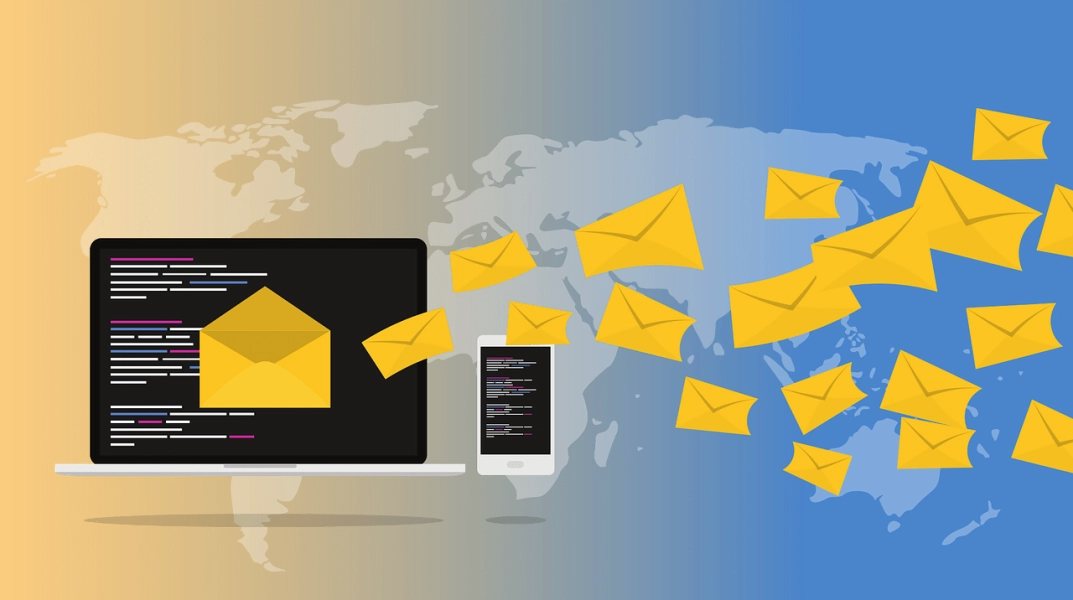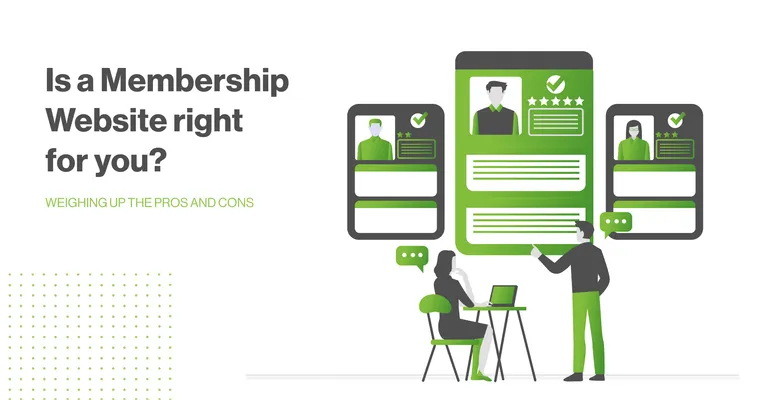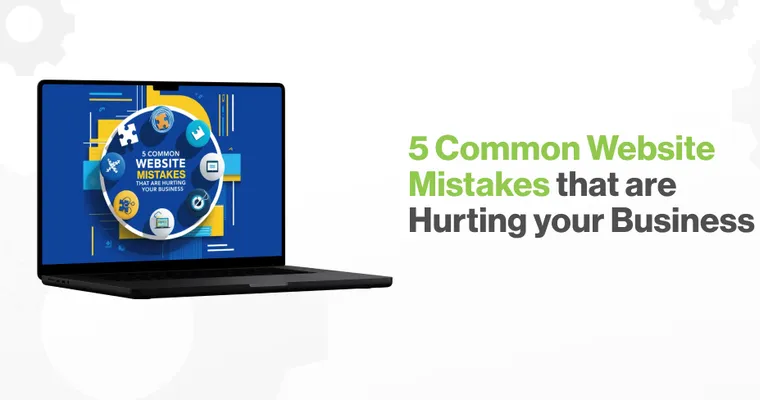When GDPR (General Data Protection Regulation) was announced it struck fear in the hearts of all businesses, it especially struck fear in marketers as they worried about one of their arguably most important marketing tools being compromised or going extinct, that was of course the tool of email marketing. Where they justified in being worried? Well yes if they didn’t adhere to some required compliance’s.
Email marketing is the act of sending a commercial message, typically to a group of people, using email. These emails are usually sent with the purpose of to act as an advertisement, request business, or solicit sales or donations. Efficient email marketing at its core is meant to build loyalty, trust and brand awareness. Marketing emails traditionally could be sent to a purchased lead list or a current customer database.
When GDPR came into law it greatly affected the rules and regulations regarding email marketing and email marketing campaigns. A recent study found that there are more than 269 billion emails sent every day and over half (53%) of these 269 billion sent emails were emails of a promotional nature.
GDPR brought in the need for clear consent to be given by people when they sign up to your newsletter. Even if someone was already on your email list you had to run a re-submission campaign to get people to sign up into your GDPR approved mailing list. Seeking out clear consent and permission and keeping a record of it are the cornerstones of GDPR.
Traditionally it was easy for websites to assume that if a user filled out a pop up or a web form that can could add their email address to a mailing list and start sending them email campaigns. GDPR changed this when it made it clear that users need to clearly give you consent to market to them. This means that the old methods of having a pre-ticked box and concealing your communication policy within your privacy statements. If you want to send emails to a prospect, they must explicitly opt-in to receive newsletters from you.
Despite the challenges GDPR has presented, email marketing still remains as the most tried and tested and preferred marketing channel of use for B2B companies. In fact email marketing doesn’t show any signs of becoming an irrelevant use of communication and as such it’s so important that websites get it right when it comes to utilizing effective compliant email marketing campaigns in a post-GDPR world.
While being compliant with GDPR may seem complicated and head wrecking it’s important to remember that to be compliant when it comes to email marketing you just need to ensure the following:
- Email campaigns can only be sent to those who have given consent and opted in
- Always provide subscribers with the opportunity to opt-out of your email marketing
- Offer subscribers the option to manage the type of content they receive from you.
If you can ensure these three above requirements then you are well on your way to being GDPR compliant when it comes to email marketing. From there you just need to ensure your content is great and engaging!
Email marketing may have been rocked by GDPR but it certainly is not down and out, it’s still relevant and as strong as ever when used effectively.
To find out more about excellent tools and strategies to use to improve your website Contact 2Cubed today!
You can also contact us on 01 905 8114 or 051-440425, email hello@2cubed.ie



